Staff People Involved
Benoît Haut
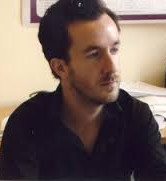
Benoît Haut is a professor at the TIPs laboratory. Some of his experimental research interests are is the development of methods for the characterization of systems where a mass exchange between a liquid and a gaseous phase takes place. In particular, he focuses on the operations of gas-liquid absorption and evaporation in systems with complex gaz-liquid interface (including Drying).
Pierre Colinet

Pierre Colinet is a FNRS professor at the TIPs laboratory. Some of his experimental research interests are studying evaporation and Marangoni-linked effects with Interferometry and Infra Red Thermography. He is also creating small structures that interact with contact lines with the Nanoscribe.
Fréderic Debaste
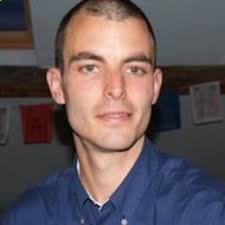
Fréderic Debaste is a professor at the TIPs laboratory. Some of his experimental research interests are Drying and Differential Scanning Calorimetry.
Anne De Wit
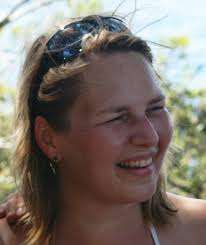
Anne De Wit is a professor at the NLPCU laboratory. Her research focuses on the analysis of convective patterns and instabilities in reactive systems. The dynamics of the related reaction-diffusion-convection systems is studied both theoretically and experimentally. One of her experimental research interests is the analysis of the convective dissolution of CO2 in reactive solutions and of convective processes during sea ice growth studied with a Schlieren setup.
Pierre Lambert
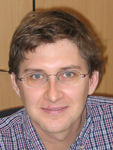
Pierre Lambert (http://plambert.ulb.be/) is a professor at the TIPs laboratory. One of his experimental research interests is the Nanoscribe. His research focusses on soft microrobotics (fluidic and flexible microsystems) and capillary forces.
Antoine Nonclercq

Antoine Nonclercq is a professor at the BEAMS laboratory. Some of his experimental research interests lay in the fields of neuromodulation, physiological modeling and biomedical signal monitoring and processing. In particular, he focuses on the design and manufacturing of Active implantable devices.
Laurence Rongy
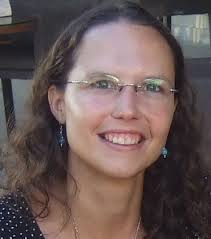
Laurence Rongy is a professor at the NLPCU laboratory. Her research interests are in nonlinear chemistry, focusing on the study of reaction-diffusion-convection dynamics and the modeling of out-of-equilibrium nonideal systems. Different systems of interest include reactive fronts, chemically-induced Marangoni flows, and transport in biological and electrochemical systems.
Benoit Scheid
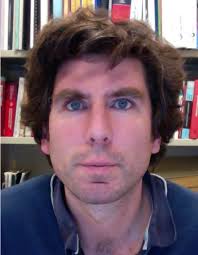
Benoit Scheid (http://bscheid.ulb.ac.be/) is a FNRS professor at the TIPs laboratory. Some of his experimental research interests are Micro- and Milli-Fluidics and the Nanoscribe.
Jonathan Goole
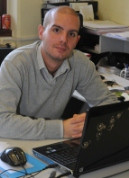
Jonathan Goole (jonathan.goole@ulb.ac.be) is an associated-professor at the Unit of Pharmaceutics and Biopharmaceutics, Faculty of Pharmacy. He is very active in both preformulation and formulation of therapeutic macromolecules (e.g. peptides, antibodies). His research interests focus on the development of drug production/optimization processes such as spray-drying, dry and wet extrusion, coating, granulation, production of nanostructures (e.g. nanoparticles, liposomes), solubility enhancement of drugs and 3D printing.
Denis Terwagne
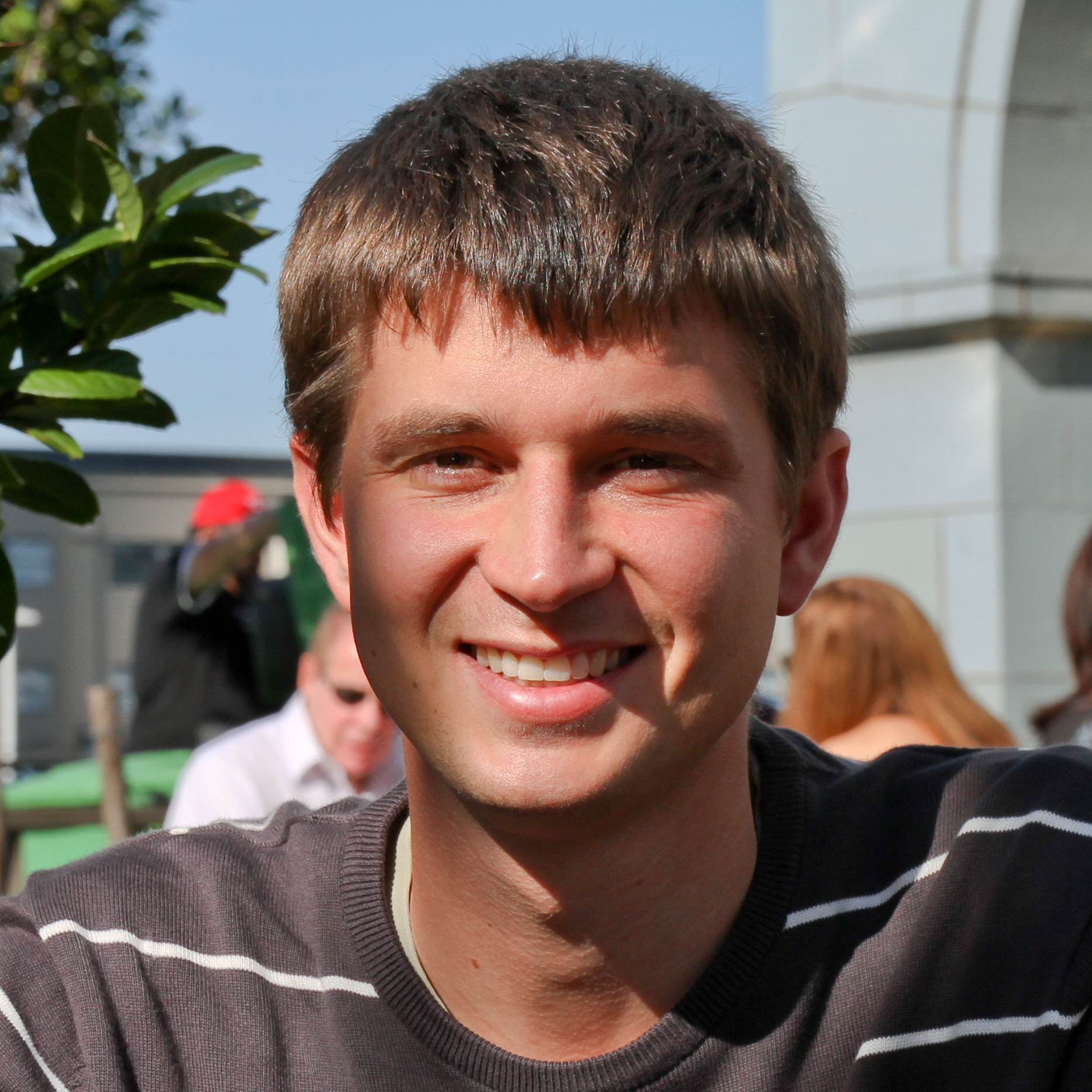
Denis Terwagne is a professor at the Soft Surfaces and Structures Laboratory (https://trioslab.ulb.ac.be/). He is an expert in digital fabrication and rapid prototyping. He works on the design, fabrication and characterization of new programmable surfaces and structures.